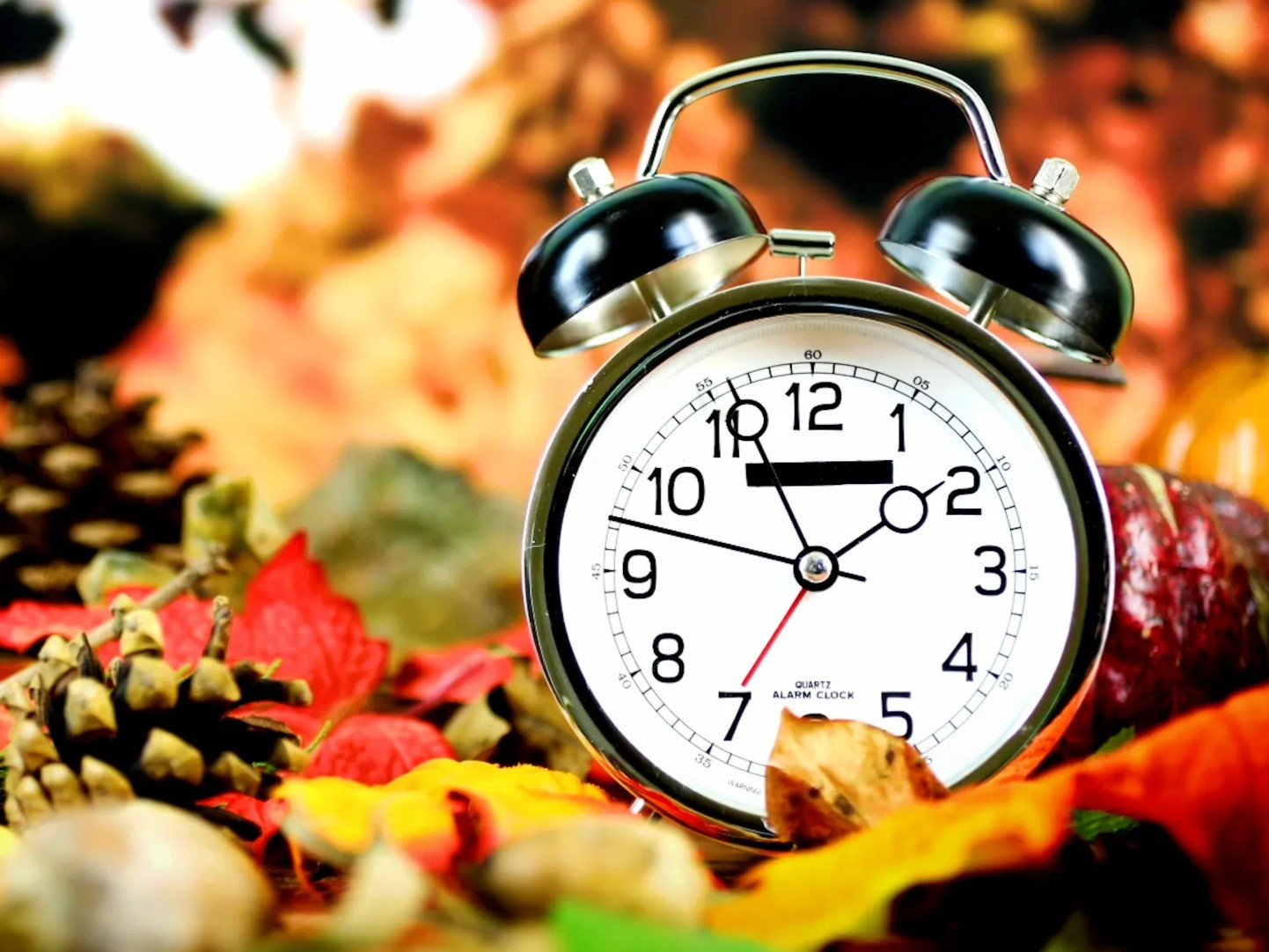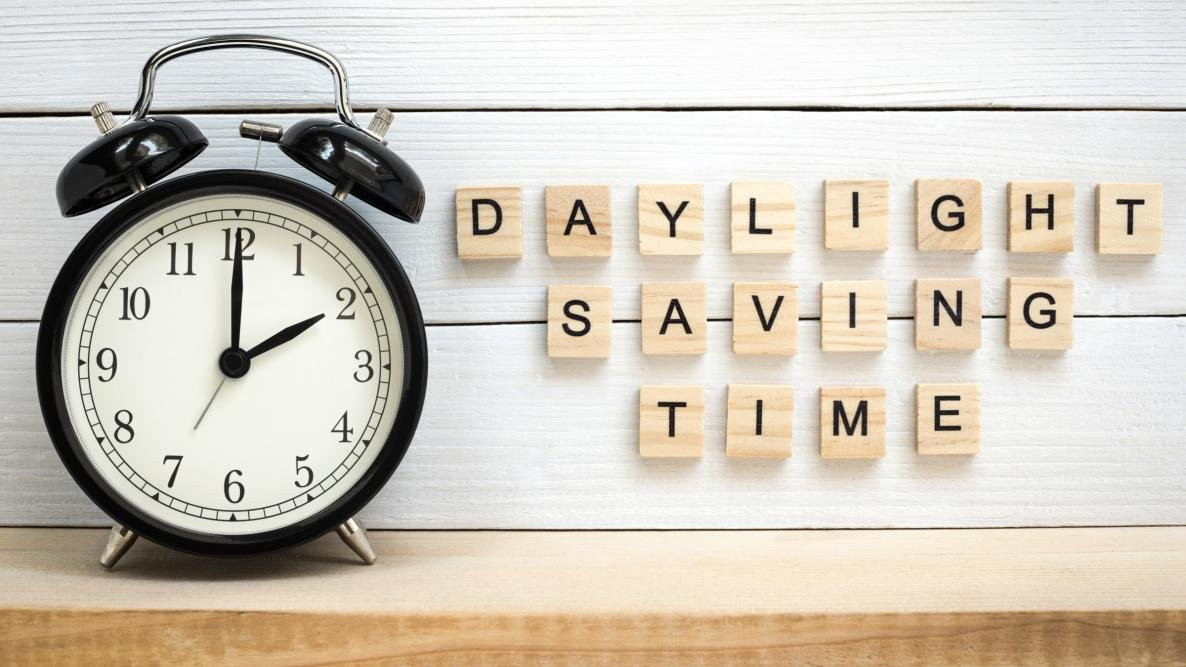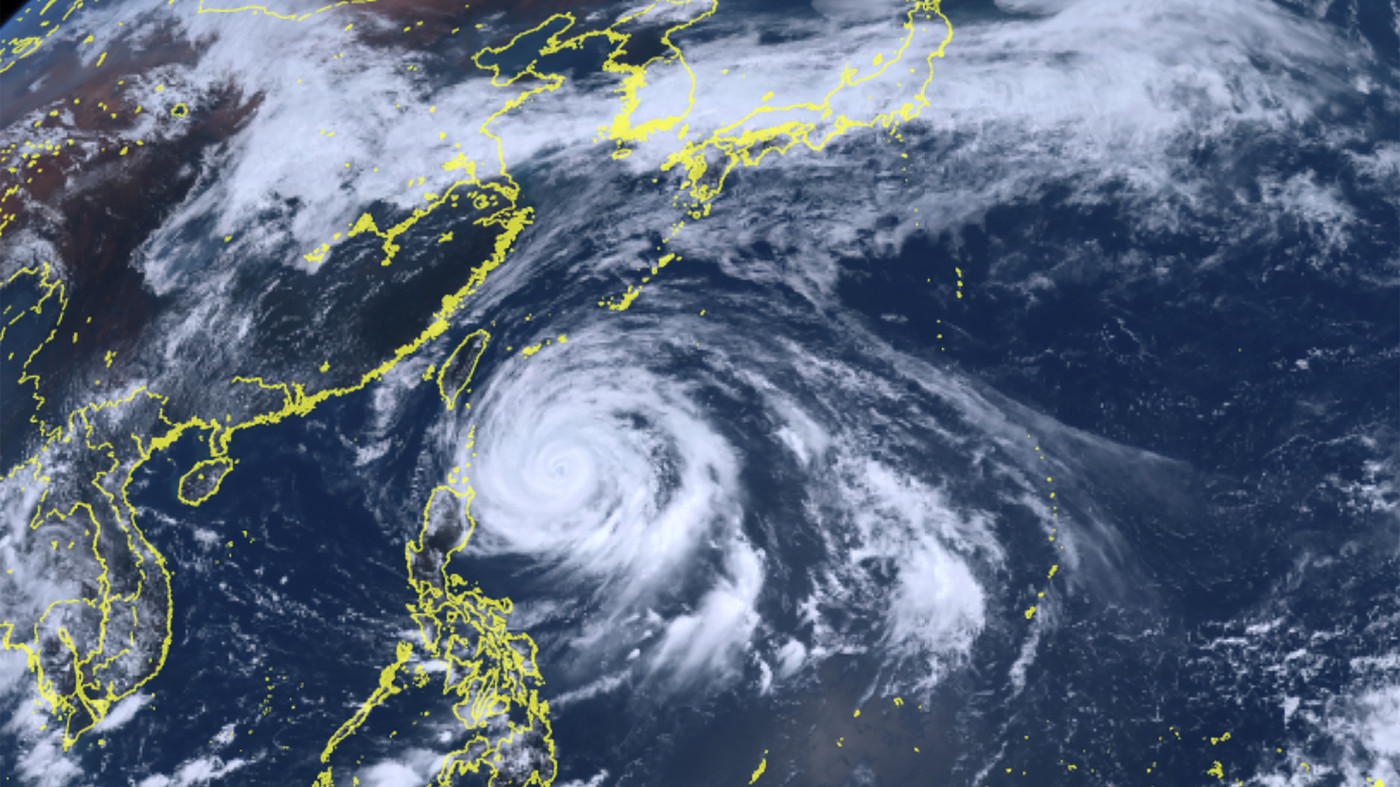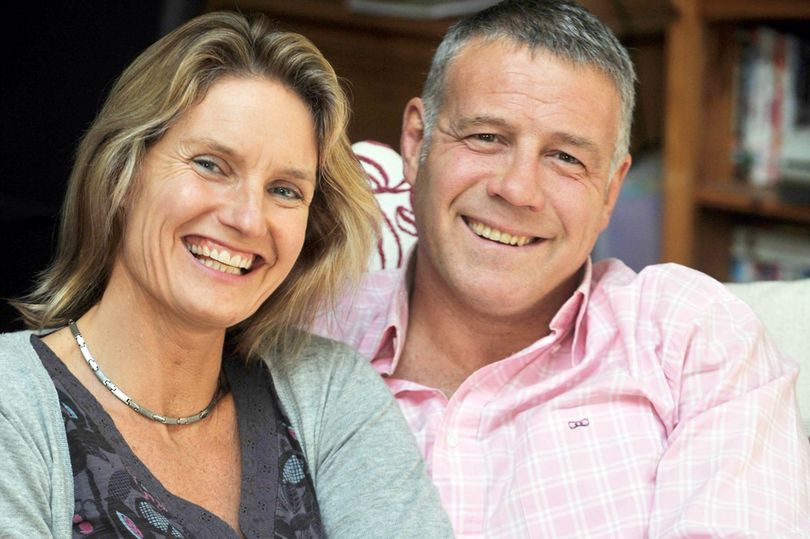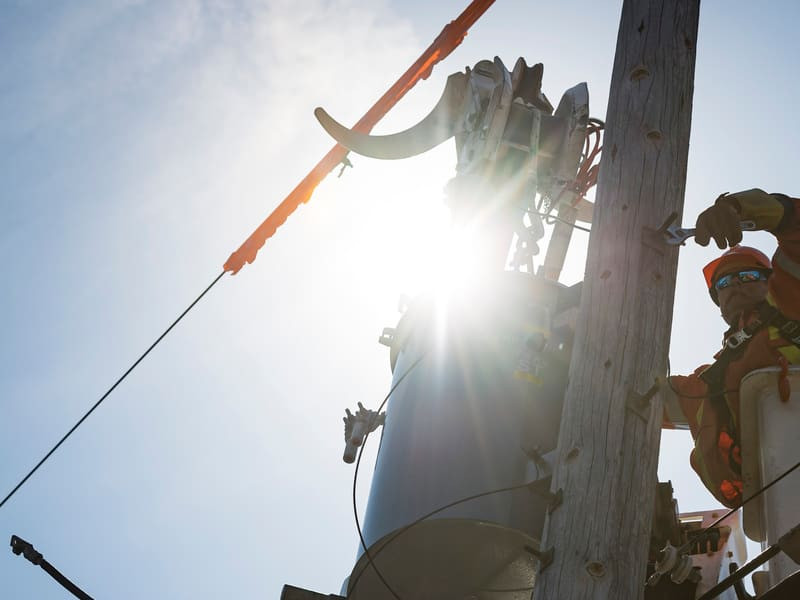As October approaches, love it or hate it, so too does daylight saving. Each year, the clocks move forward on the first Sunday of October – but only for about half the states. Time will jump forward an hour when the clock strikes 2am on Sunday 6 October. That means when local standard time is about to reach 2am, clocks are turned forward one hour to 3am local time instead. Australians living in states and territories observing daylight saving will effectively lose an hour, but gain extra sunlight in the evenings. Sunrise and sunset will be about one hour later on 6 October than the day before. But as summer approaches, there will be increasingly more light in the evening and less light in the morning. Daylight saving will end (and the clocks will go back an hour) the first Sunday of April – 6 April 2025.
Daylight Saving: A Controversial Topic
Daylight saving time (DST) is used in the Australian Capital Territory, New South Wales, Victoria, South Australia and Tasmania. Western Australia, Queensland and Northern Territory don’t use DST. Daylight saving is most controversial in Queensland, the only jurisdiction on the east coast that doesn’t wind the clock forward by one hour in spring and back by one hour in autumn. The state trialled DST for three years before it held a referendum on the subject in 1992. In the tightly contested vote, 54.5% of Queenslanders voted against daylight saving and 45.5% voted in favour. As our columnist Gabrielle Chan explains, “in Queensland, it borders on a culture war” – the south-eastern part of the state has voted in far greater numbers in favour of DST compared to the rest of the state.
It is also controversial among Australia’s rural populations, including the NSW Farmers Association, which recently voted in support of a campaign to clip the hours of daylight saving. Daylight saving makes less and less sense the closer you get to the equator, because there is less variation in daylight hours as seasons change in the tropics, according to veterinarian Dr Joanne Sillince, the CEO of the Australian Chicken Growers Council. “At the equator the sun goes up and down the same time each day. Daylight saving works best where day lengths are the longest, which is the further north and south you go.”
The Health Impacts of Daylight Saving
Most Europeans and Americans observe daylight saving, but the Pew Research Centre says they are “more the exception than the rule” and that most countries do not observe DST. Professional scientific societies that study biological rhythms, including the American Society of Sleep Medicine, the Society for Research on Biological Rhythms and the European Society for Sleep Research, have called to abolish daylight saving time because of the health burdens associated with it. Queensland University researchers say DST disrupts the balance whereby the sunrise’s brightness helps people wake and the evening’s darkening promotes sleep. Daylight saving can lead to delayed bedtimes, which in turn can lead to inadequate sleep, which has been associated with decreased attention, increased metabolic and cardiovascular issues, mood disorders and even a shortened lifespan.
Animals Are Not Affected
Despite the claims of the former Queensland premier Joh Bjelke-Petersen, who said daylight saving confused milking cows, Sillince – who is also the managing director of Pets Australia – says animals are not affected because their body clocks are determined by when the sun goes up and down. “But they are sensitive to the change in behaviour of their human companion,” she says. “If you’re a dog or a cat you’re about to get fed an hour earlier. My home-based animals love daylight saving.
A long history of experience with all species is that they adjust a lot quicker than the humans do,” Sillince says. “Animals are much more pragmatic than humans are. They really don’t mind as long as the food keeps coming and the water is clean and they’re treated with respect.”
Daylight Saving: A New Zealand Perspective
Residents in Hawke’s Bay can expect fine and warm weather as the clocks get put forward and the school holidays begin. As we move into the summer months, time is set to go forward by an hour at 2am this Sunday, September 29. MetService meteorologist John Law said the weekend weather was “looking pretty special”, with plenty of clear skies brought on by the high pressure despite the darker mornings. He said Saturday in Napier was expected to have a chilly start with a temperature of 4C; however, that would warm up to a high of 18C to 19C.
“Plenty of fine, dry and settled weather to come for the weekend and the first couple of days of the school holidays. The start of next week is looking dry and settled with high pressure and things break down a touch towards the end of next week so keep an eye on the forecast.” Law said the middle of the week would bring the warmest temperatures with a high of 21C on Tuesday and Wednesday, while the coldest would be on Monday with a high of 19C. “It’s been a while since we have had a large area of high pressure, so that itself is a bit of an unusual story, but other than that it is looking good for this time of year.” He said the end of the week was expected to bring wetter weather and to be aware that spring could be a “changeable season”. “We think when we are in spring we have seen the back end of the cold weather, but you only need one of those cold bursts of air.” Law said Hawke’s Bay temperatures were largely attributable to the wind direction, and warmer weather for the region came from the north and the west.
Daylight Saving: A Time For New Beginnings
Daylight saving time starts in New Zealand on Sunday, September 29, 2024. Clocks will go forward by one hour, with 2 am becoming 3 am. Daylight saving time will continue until the first Sunday of April 2025 (April 6), when clocks will go back by one hour so that 3 am becomes 2 am. Many New Zealanders will experience a seamless transition, with modern electronic devices adjusting automatically. However, less modern devices may need to be adjusted manually. People may wish to adjust their clocks an hour forward before going to bed tonight- Sunday, September 29, 2024. While adjusting your clocks and other devices, it is also a good time to check your emergency plans, survival kits and smoke alarms.
Embrace The Extra Daylight
As daylight saving time begins in Aotearoa on Sunday, 29th September, many people worry about the potential disruption to their routines. While some studies indicate that the time shift can negatively affect exercise habits, ExerciseNZ urges Kiwis to see it as an opportunity. With longer daylight hours, there's more time to stay active and enhance overall well-being. Previous research has shown that the shift to daylight savings can disrupt sleep and exercise routines, with some people finding it difficult to adjust to the new schedule. A recent study published in the Journal of Marketing highlights that these disruptions to our body clock can lower motivation and energy levels for exercise, particularly in the first few weeks. The study suggests that during this initial period, organisations should provide extra support to consumers to help them stay active throughout the transition phase.
Rather than seeing daylight saving as a setback, ExerciseNZ views it as an ideal opportunity to reset and embrace new routines. The extended daylight hours offer the perfect chance to enjoy outdoor activities, reconnect with nature, or take advantage of later gym sessions—all proven to boost both physical and mental well-being. Reflecting this seasonal shift, spring in Aotearoa typically brings a surge in gym memberships—rising by up to 20 per cent, according to ExerciseNZ’s 2023 research—as people gear up for the more active summer months ahead. In line with global health guidelines, daylight savings also offers Kiwis a timely opportunity to align their exercise habits with public health recommendations.
The World Health Organization (WHO) suggests at least 150 minutes of moderate physical activity per week to maintain good health and prevent chronic diseases (or 75 minutes of moderate to intense activity for those who prefer higher intensity). With longer daylight and warmer days, there's more flexibility to fit outdoor activities or gym sessions into daily routines. Whether it's enjoying the outdoors after work or school or taking advantage of the extended hours to hit the gym, the warmer season makes it easier to stay active to reap the holistic benefits of physical activity and exercise well into the evening. Therefore, heading into daylight savings, ExerciseNZ would like to offer these three tips.
- Utilise Extended Daylight for Outdoor Activities: Take advantage of the longer daylight hours to enjoy outdoor activities. It’s also a great time to enjoy a new activity, like joining the gym or starting a yoga class.
- Adjust Slowly to New Routines: While the shift to daylight savings may disrupt sleep and exercise habits, focus on gradually adjusting your routine to maintain motivation and energy levels during the transition.
- Engage in Local Fitness Initiatives: Engage in community activities which are designed to help people stay active and make the most of the extra daylight hours. ExerciseNZ encourages everyone to use the shift to daylight savings as motivation to revamp their fitness routine, try new activities, and enjoy the outdoors. More daylight means more chances to prioritise your health. Daylight savings doesn’t have to disrupt your activity goals. Instead, let it remind us of the power of physical activity and how we can make the most of the changing seasons.
Kiwis will want to make sure they put their clocks forward an hour before bed tonight, as daylight savings kicks in overnight. Daylight savings means clocks go forward by one hour at 2am. It starts each year on the last Sunday in September, and ends at 3am on the first Sunday in April. The event is also important to Fire and Emergency New Zealand, who use it as a reminder for Kiwis to clean and check their smoke alarms while they're changing clocks, as well as having a three-step escape plan in place. Tom Ronaldson, community education and behaviour change manager, said “just push the button on each of your smoke alarms. If you hear the beep, you know they are ready to protect you and your household”. “A fire can be fatal within three minutes and when you are sleeping you can’t smell smoke. Working smoke alarms are the most important way to prepare for the possibility of a fire. Having working smoke alarms in every bedroom, living area and hallway to alert all members of the household as early as possible, is the critical first step in escaping a house on fire. Fire and Emergency recommends long-life interconnected photoelectric smoke alarms where possible. If a fire is detected in one room of the house, interconnected alarms will trigger all the alarms in your home, so everyone will be alerted to a fire sooner. Lastly, now is the perfect time to give your smoke alarms a spring clean. You can do this by giving them a quick vacuum or dust.” Ronaldson said an escape plane should include two clear paths out of each area, and a safe meeting place away from the house.




